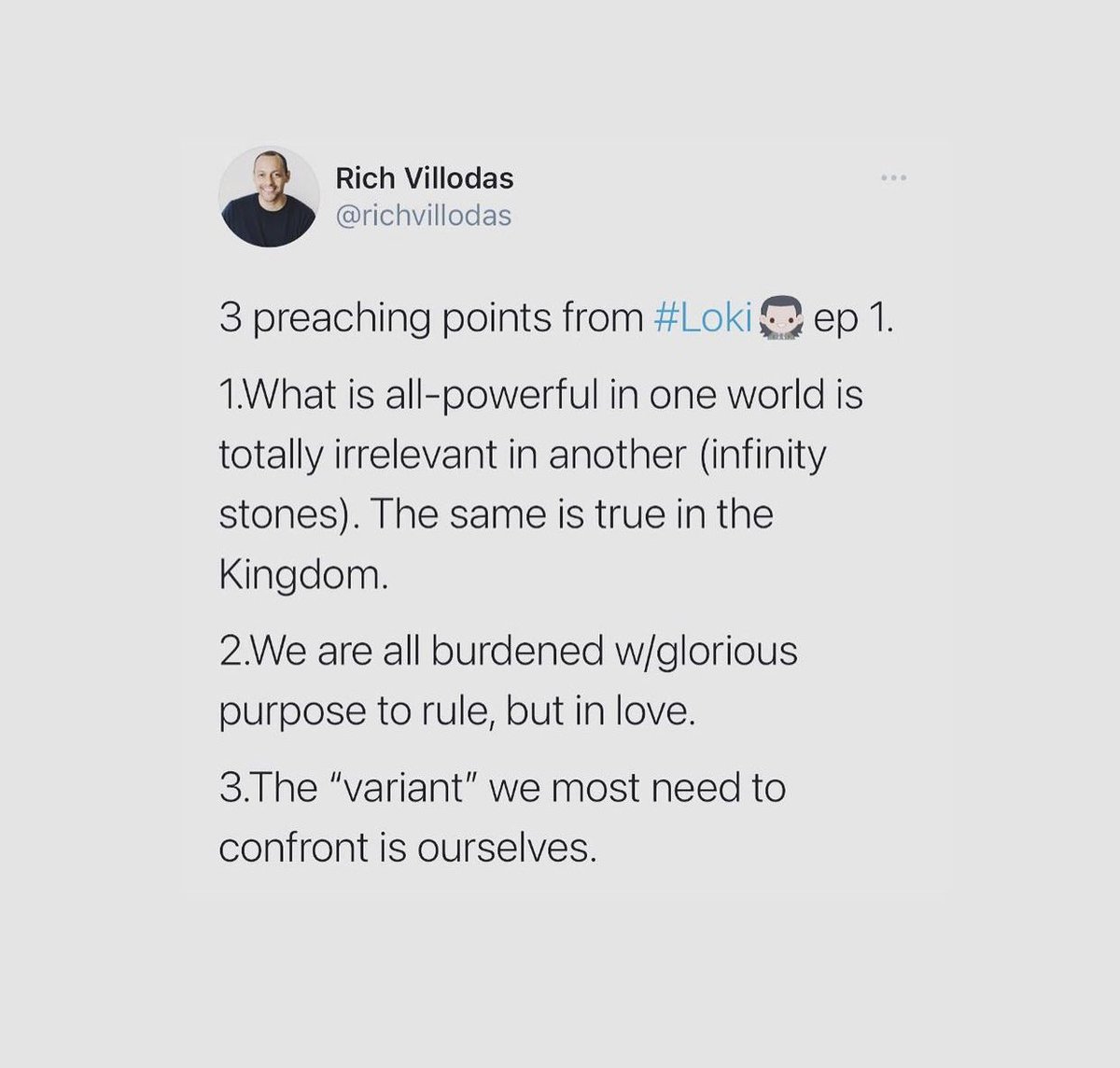
For over 15 years I’ve carefully manuscripted my sermons. Each one is 2-3k words in length.
I have not regretted this practice one bit.
I have not regretted this practice one bit.
Seeing this has generated some conversation, let me say a few more things:
1. I carefully manuscript sermons because I believe the Spirit is guiding me to craft words just as much as the Spirit guides me to communicate them.
1. I carefully manuscript sermons because I believe the Spirit is guiding me to craft words just as much as the Spirit guides me to communicate them.
2. I work hard to internalize the message, so I can “glance and go.”
3. The limit a manuscript brings me at times is the temptation to communicate what’s on paper without truly connecting with people.
3. The limit a manuscript brings me at times is the temptation to communicate what’s on paper without truly connecting with people.
4. As @DZRishmawy commented, I’m preaching my message out loud all week trying to hear my words preached. I’m constantly re-writing until my words “preach well.”
• • •
Missing some Tweet in this thread? You can try to
force a refresh









